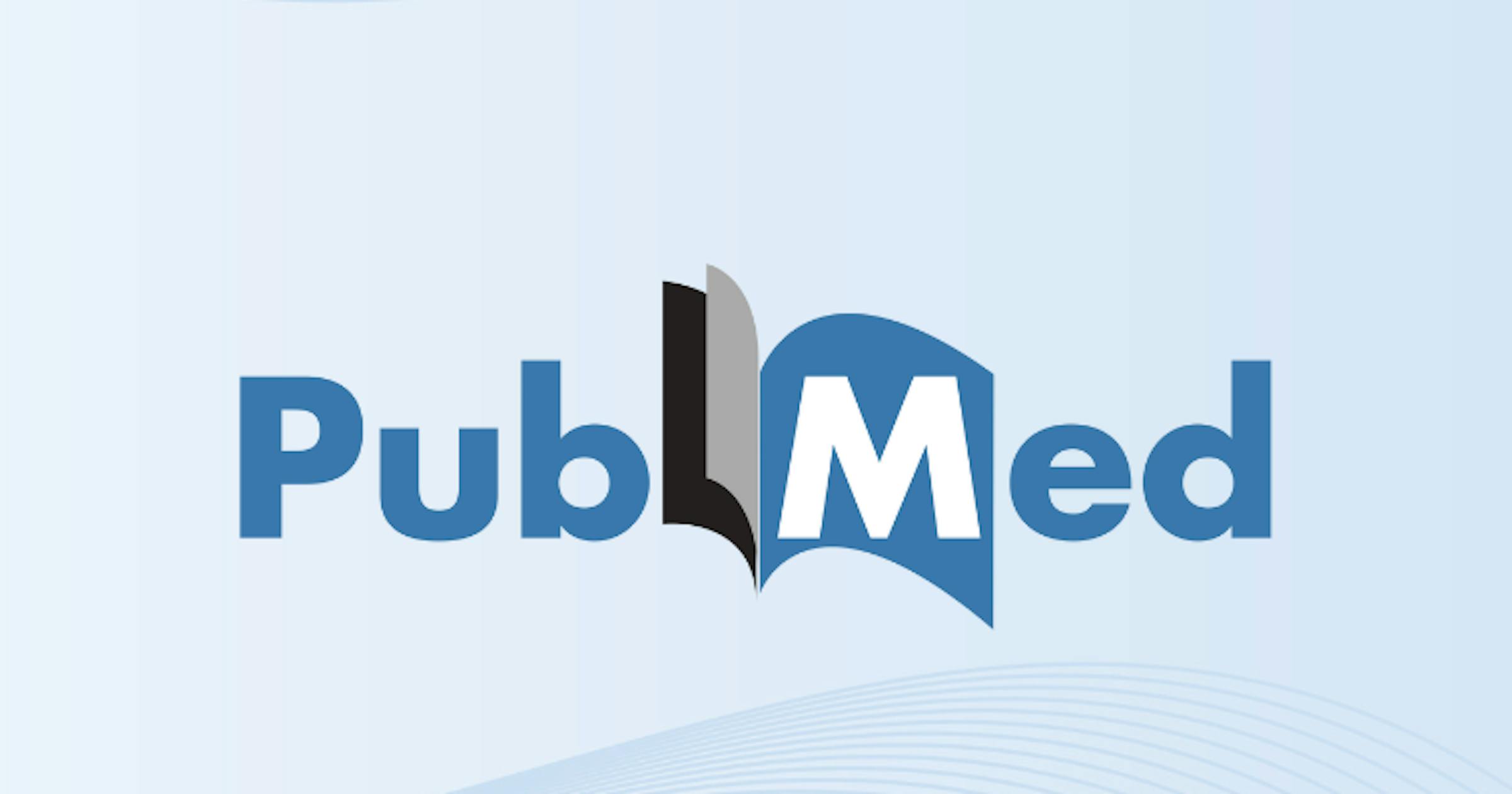
Why should you integrate document monitoring into your medical practice?
05/21/2025

In an environment where medical and scientific information is evolving at an incredible speed, it's essential for healthcare professionals, researchers, and students to access reliable and relevant publications quickly. Traditional search engines like Google quickly reach their limits when it comes to finding precise and validated scientific articles. Fortunately, several scientific article search engines have been designed to meet these specific needs.
In this article, discover the best options for 2025, their advantages, and their uses in medical and scientific practice.
Before we look at our selection, let’s recall why using a specialized scientific search engine is essential.
A scientific article search engine allows you to:
These are valuable assets for doctors, researchers, and students who need to base their work and decisions on validated sources.
It’s impossible not to mention Google Scholar, given its widespread use in the academic world. Free and easily accessible, it indexes a large number of scientific articles, theses, reports, and patents. Its simplicity and breadth make it a good starting tool, though it sometimes lacks precision for highly specialized research.
➡️ Strengths: Accessible to all, very large database, intuitive interface.
➡️ Limitations: Few advanced filters and variable source quality.
In the medical and biomedical field, PubMed remains indispensable. Developed by the US National Library of Medicine, it provides access to more than 36 million citations and abstracts of biomedical articles. Its powerful search capabilities and numerous filters (study type, journal, date, etc.) allow for highly targeted research.
➡️ Strengths: Specialized in health and biomedicine, many filters, free access to abstracts.
➡️ Limitations: Full article access depends on subscriptions or Open Access licenses, interface is not very intuitive, no article summaries.
A new reference in the French-speaking world, PaperDoc is a scientific and medical article search engine enhanced by artificial intelligence. The platform offers a research assistant called Archie, capable of responding to research questions and suggesting articles from a database of over 200 million international publications.
PaperDoc's uniqueness: this platform provides automatic article summaries, personalized collections, and recommendations based on search history. This is a considerable time-saver for healthcare professionals and researchers who want to stay updated without spending hours sifting through the literature.
➡️ Strengths: Powerful AI assistant, automatically generated summaries, personalized scientific monitoring.
➡️ Limitations: Some advanced features are available through a premium subscription.
Your choice depends on:
Using several tools in combination is often the most effective strategy for comprehensive and reliable science monitoring.
In a world where medical scientific monitoring has become essential, mastering the best tools to quickly access relevant information is a strategic asset for doctors and researchers. Between established names like PubMed and Google Scholar, and newcomers like PaperDoc integrating artificial intelligence and smart features, everyone can now tailor their search engine to their specific needs.
To optimize your literature search and save valuable time analyzing publications, feel free to try out these different scientific article search engines and combine them to fine-tune your results.
Do you want to keep abreast of the latest medical developments in your field? PaperDoc searches, filters and summarizes the scientific literature for you
Register for free
05/21/2025

05/21/2025

05/21/2025

05/21/2025

04/10/2025